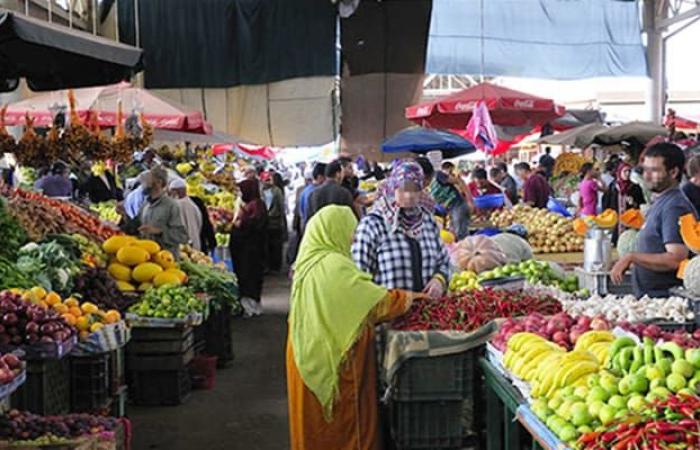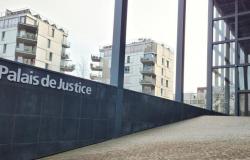The CPI increased by 0.8% from July to August, mainly driven by a 1.8% increase in food prices, while the non-food index remained unchanged.
In August, the consumer price index (CPI) increased by 1.7% compared to the same month last year, reflecting persistent inflationary pressures in the Moroccan economy.
The High Commission for Planning (HCP) attributes the 1.7% increase in the CPI in August mainly to a 2% increase in food prices and a 1.4% increase in non-food products.
The report details drastic disparities within the non-food category, noting a 1.4% drop in health costs, while housing-related expenses, including water, gas and electricity, saw a dramatic increase of 3.7%.
The CPI increased by 0.8% from July to August, mainly driven by a 1.8% increase in food prices, while the non-food index remained unchanged.
The main contributors to the increase in food prices were meat, which increased by 6.8%, followed by dairy products such as milk, cheese and eggs (3.5%), seafood (2.8%) and vegetables (2.4%).
Coffee, tea and cocoa prices also increased by 0.3%, while oils and fats increased by 0.1%. Fruit prices, on the other hand, fell by 4%, while fuel prices fell by 1.8%.
Although fuel prices fell this month, they have been a major factor in Morocco’s current inflation crisis in recent years, fuelling public frustration over rising costs amid broader economic difficulties.
In light of the above, the government recently unveiled customs reforms for 2025, which will establish a new tracking system for petroleum products to address tax concerns and combat fraud in the industry.
Regionally, Al Hoceima recorded the highest CPI increase with 2.8%, followed by Safi with 1.5% and Errachidia with 1.2%. In addition, Agadir, Dakhla, Settat and Beni-Mellal each recorded an increase of 1.1%.
Other cities, including Oujda, Fez, Tetouan, Kenitra, Meknes, Casablanca, Marrakech, Rabat, Guelmim and Tangier, also saw varying increases, with Tangier and Laayoune recording the lowest increase at 0.4%.
Amid these fluctuating trends, the core inflation rate, which excludes volatile prices and government tariffs, increased by 0.3% in August 2024 compared to July, and by 2.6% year-on-year since August 2023.
Last month, Morocco’s CPI recorded a 1.3% increase in July compared to the same month last year, largely due to a sharp rise in the prices of non-food products, particularly fuel.
RT/ac/APA






